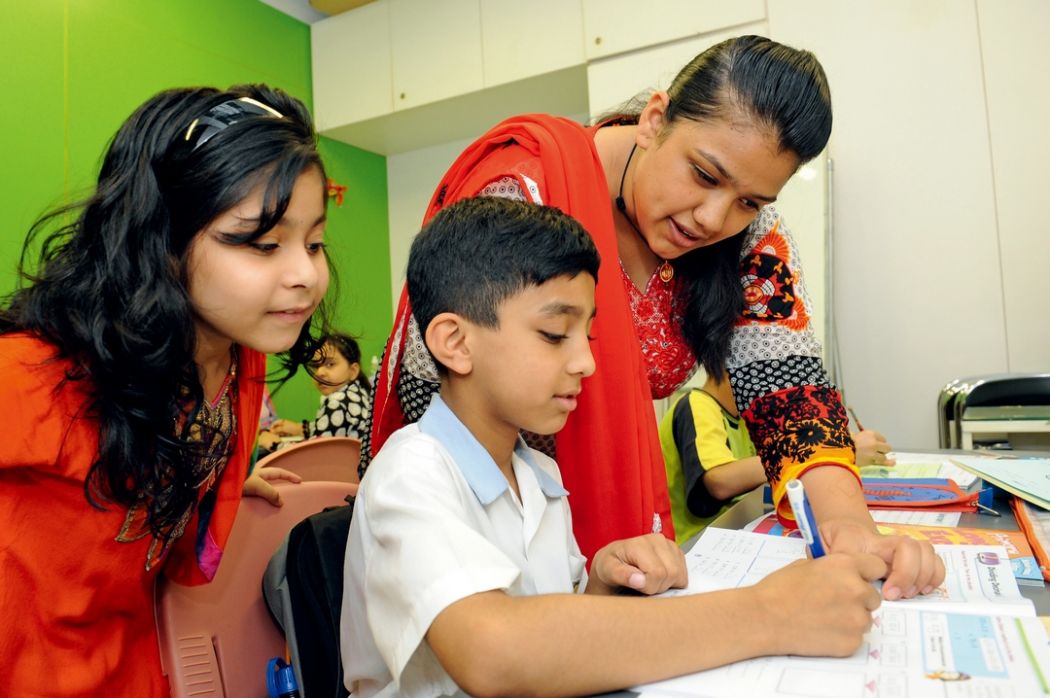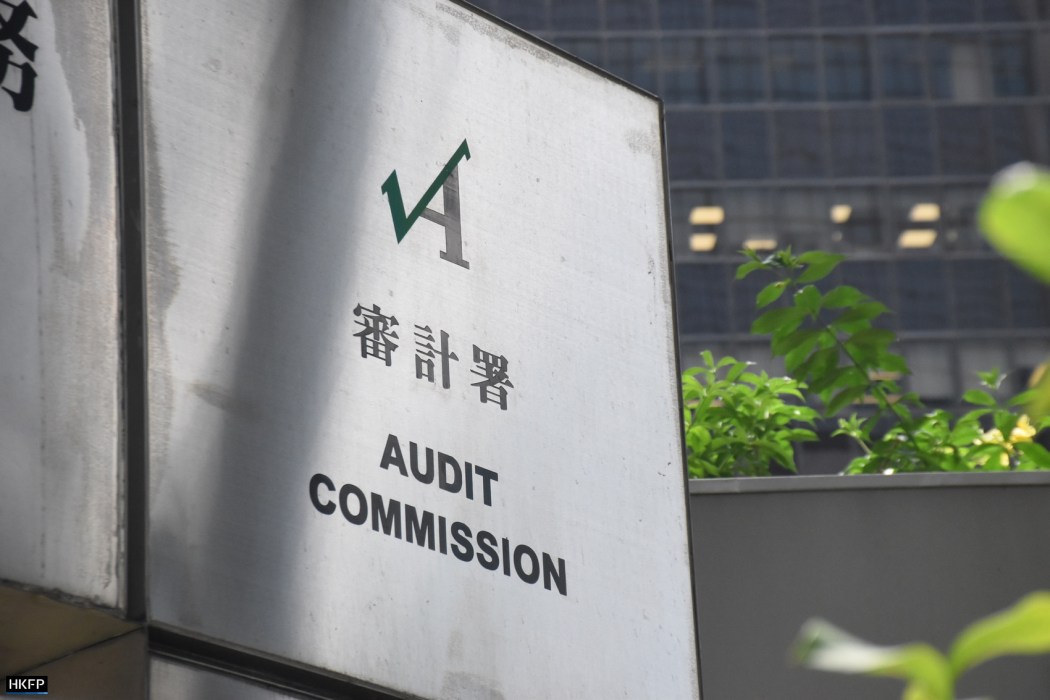Education a long time ago stopped being seen a luxury and became a basic need. However, whether it is equal for all in terms of quality and accessibility is a moot point.
The fact that the United Nations lists Quality Education as Goal #4 among 17 Sustainable Development Goals, coming right after poverty, hunger and health, is proof of its critical importance. The stated goal is to “ensure inclusive and equitable quality education and promote lifelong learning opportunities for all.”

Hong Kong does a good job of ensuring education for all children. Public education is free, and school is compulsory from ages 6-15. While the question of access to quality education in Hong Kong is not in debate for most children, the issue is not as clear-cut when it comes to ethnic minorities. They need to know Chinese, not just to get by in daily life but to go through schooling and higher education and finally secure a job.
The recent Audit Commission’s report on Education Support for non-Chinese-speaking Students spotlights certain problem areas that echo concerns often raised by the Equal Opportunities Commission, most recently in our 2019 report entitled Closing the Gap. The first step is to acknowledge that teaching a language to a second- or third-language learner is vastly different from teaching a native speaker or someone for whom it is the mother tongue. The skills and materials required are different, as is the time scale.
The Equal Opportunities Commission report strongly recommends plugging the gaps in the existing system in order to put in place a fully-fledged Chinese-as-a-second-language curriculum. Among its many recommendations it also calls for strengthening the teacher training programme and measures to ensure that all schools have teachers trained to teach Chinese as a second language.

The Audit report is clearly focused on the utilisation of funds allocated to support non-Chinese speaking students, including capacity-building for teachers. While the Equal Opportunities Commission’s focus is more on the implementation and impact of the measures, we are aligned with the Audit Commission’s points on the need for more teachers to undergo professional development training to serve non-Chinese students better. The Equal Opportunities Commission report suggested incentivising teachers to take up in-service professional training and for schools to help facilitate this.
The number of non-Chinese students in Hong Kong is steadily growing and we are also seeing an increase in their participation in the labour force. In order to give them a level playing field, the issue of language acquisition has to be dealt with fairly and squarely. It is not for want of funding. The government allocated HK$456.3 million in the period from 2015/16 to 2019/20 for education support measures for non Chinese-speaking students. However, there appears to be a gap between planning and implementation. We need to plug that gap and it must be done quickly. We have to be mindful that every six years lost is one generation of students entering and exiting secondary school.

It might be argued that several efforts have been made and measures put in place to take care of the Chinese learning needs of non Chinese-speaking students. However, unless one sees the results of these efforts, it is hard to judge if simply having the measure or expending resources is proof of success. It would be prudent to evaluate existing efforts, reallocate resources if needed, scrap measures that are not working and go back to the drawing board if necessary. In the end, what matters is the outcome.
Judging by what we hear from non-Chinese parents who want their child to have Chinese-language skills to ensure a better future, a course correction may be called for.
Hong Kong must examine its resources to future-proof itself. Its people are its most valuable resource. Having this home-grown talent of non-Chinese youngsters who call Hong Kong home, and yet leaving them inadequately equipped to serve its society is poor planning, to say the least, and a waste of resources. It is also not fair to the students.
It is time to fix this gaping hole in our education system, not simply because it is the right thing to do, but because it is an investment in Hong Kong’s future.
Support HKFP | Policies & Ethics | Error/typo? | Contact Us | Newsletter | Transparency & Annual Report | Apps
Help safeguard press freedom & keep HKFP free for all readers by supporting our team
| HKFP is an impartial platform & does not necessarily share the views of opinion writers or advertisers. HKFP presents a diversity of views & regularly invites figures across the political spectrum to write for us. Press freedom is guaranteed under the Basic Law, security law, Bill of Rights and Chinese constitution. Opinion pieces aim to point out errors or defects in the government, law or policies, or aim to suggest ideas or alterations via legal means without an intention of hatred, discontent or hostility against the authorities or other communities. |

More HKFP OPINION:
HKFP has an impartial stance, transparent funding, and balanced coverage guided by an Ethics Code and Corrections Policy.
Support press freedom & help us surpass 1,000 monthly Patrons: 100% independent, governed by an ethics code & not-for-profit.










